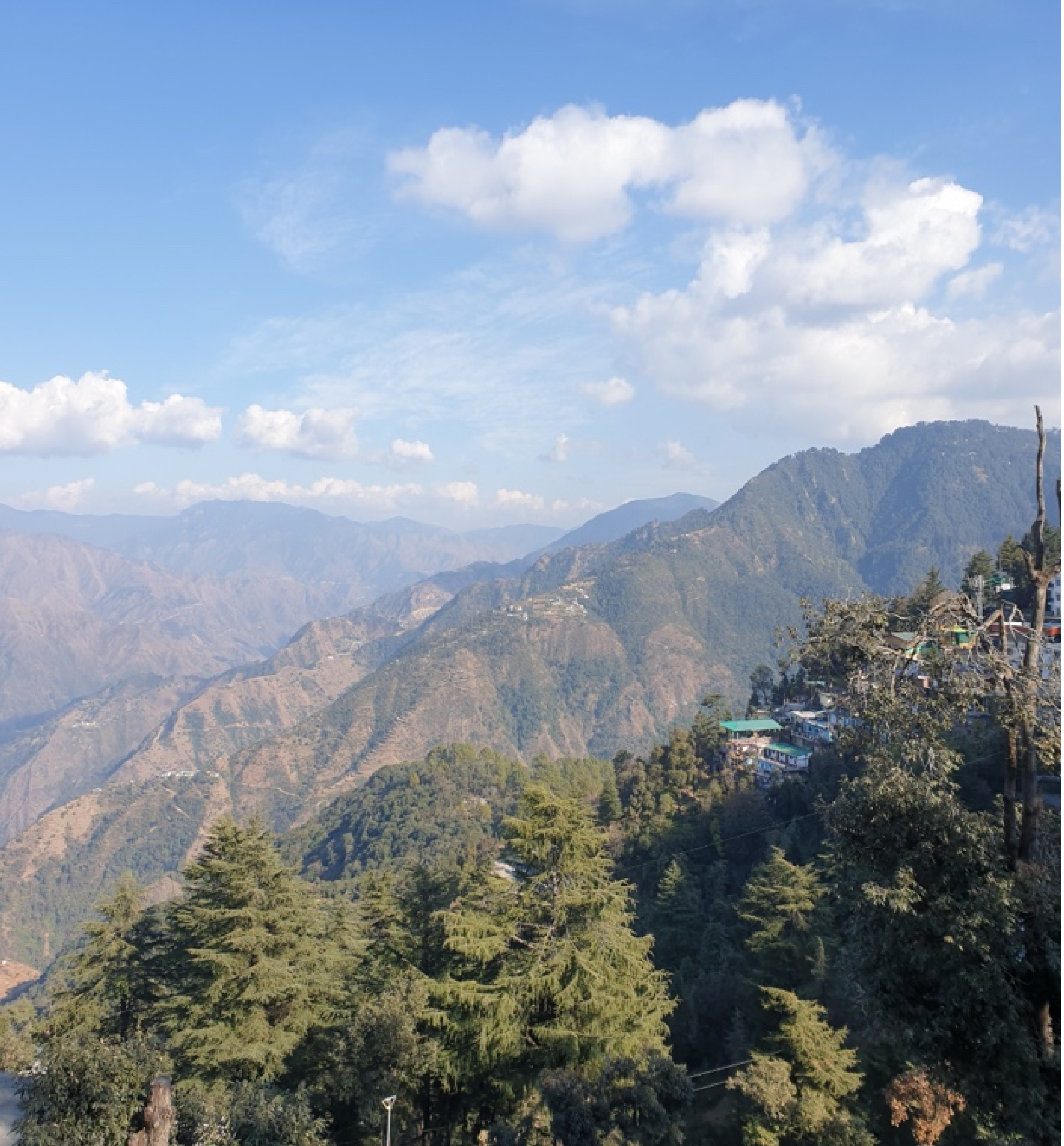India after decades of independence is still struggling to provide basic health care facilities to its citizens. Provisions for basic health care services especially in rural India are few and far between lacking. Some states continue to lag behind on various development parameters especially health, even today. Health indicators of the people in the community are on a poorer side due to factors namely large family size, difficulty in affording and accessing quality health facilities and unawareness of the general hygiene and sanitation issues. This gets aggravated when there is no support from the state.
 |
| A doctor conducting the health check-up. |
In an attempt to improve the health status of one of the most backward districts in Northern Bihar in India, Pragya and partner organizations organized health camps in five villages. The villages include Tuniahi Uttarwari, Tuniahi Dakhinwari, Laxmirampur Uttarwari, Laxmirampur Dakhinwari and Ganesthan. The health initiatives are a part of the ongoing project being implemented “Welfare Services in Madhepura District of Bihar”.
Under the project, Mobile Vikas Kendra or MVK is a resource center in the target villages of Madhepura equipped with basic medical facilities comprising of diagnostic equipment, emergency health kit and medicine kit along with conducting periodic health camps for extending the health facilities to the community members. The resource center also conducts awareness sessions on various government schemes including health.
The aim of the camps is not just to provide health services but to create an environment where the whole community gets sensitized about health issues. Unlike a general health camp that offers curative services, a major objective of these camps is to promote health-seeking behaviour in the long term. For this, the teams intensively work on building and raising awareness regarding common ailments, family planning methods, nutrition, and hygiene and sanitation. These camps offer all the services free of cost. Narender Sada of Ganesthan village says, “I was suffering from eczema three months back. But now the disease has gone. I received free medicine from the health camp conducted in our village. For this, I am grateful to Pragya”. On the other hand, Babul Kumar who is 15 years old from the same village as of Narendra’s says, “I have been suffering from fever since last 7 days and due to poverty at home, I was unable to show it to a doctor. Fortunately, I went to MVK center and was prescribed with the medicines, free of cost and got relieved of the fever. I now feel fine. Now my father takes everyone for any medical issues and we do not need to go too far to seek treatment and spend money for the medicines. This initiative has been a boon for poor people like us for whom accessing health services is not easy!”
 |
| Children assimilate and wait eagerly for the health check-up |
The health camps have been offering comprehensive services – curative, preventive, and referral – to a large number of people in target areas of intervention. “The uniqueness of the model lies in its comprehensive approach where health promotion and prevention are treated as equally important, while curative care is meticulously administered,” says Dr. M K Jha.
In the last five months, 15 health camps have been conducted in five villages, catering to more than 1507 people since the inception of Mobile Vikas Kendra at Madhepura in December 2016. Gigni Devi, 50 years old woman, a beneficiary of the project who feels better about her after receiving medicines and health check-ups, appreciated the work done by Pragya especially work done on informing people on sanitation and hygiene. She expressed that such work should be continued in order to effectively deal with the health issues of the people and provide greater benefit to the community in the long run.
“Not only did we diagnose and provide relief for ailments afflicting the rural folk, we educated them about how to follow a healthy lifestyle, take care of their environment and village resources, and provide better opportunities for their children,” explains Pravanand Jha who works as an assistant with Pragya at Madhepura.
 |
| A child looks while community members are assembled |
With its efforts, PRAGYA has touched the lives of over thousands of people with the implementation of Mobile Vikas Kendra at Madhepura. PRAGYA also takes up social issues surrounding health emphasizing girl child's care, emancipation of women, nutrition for women and creating a rightful place in the society for women and children who are deteriorating on health and other social parameters due to lack of health facilities and access to various institutions.




No comments:
Post a Comment